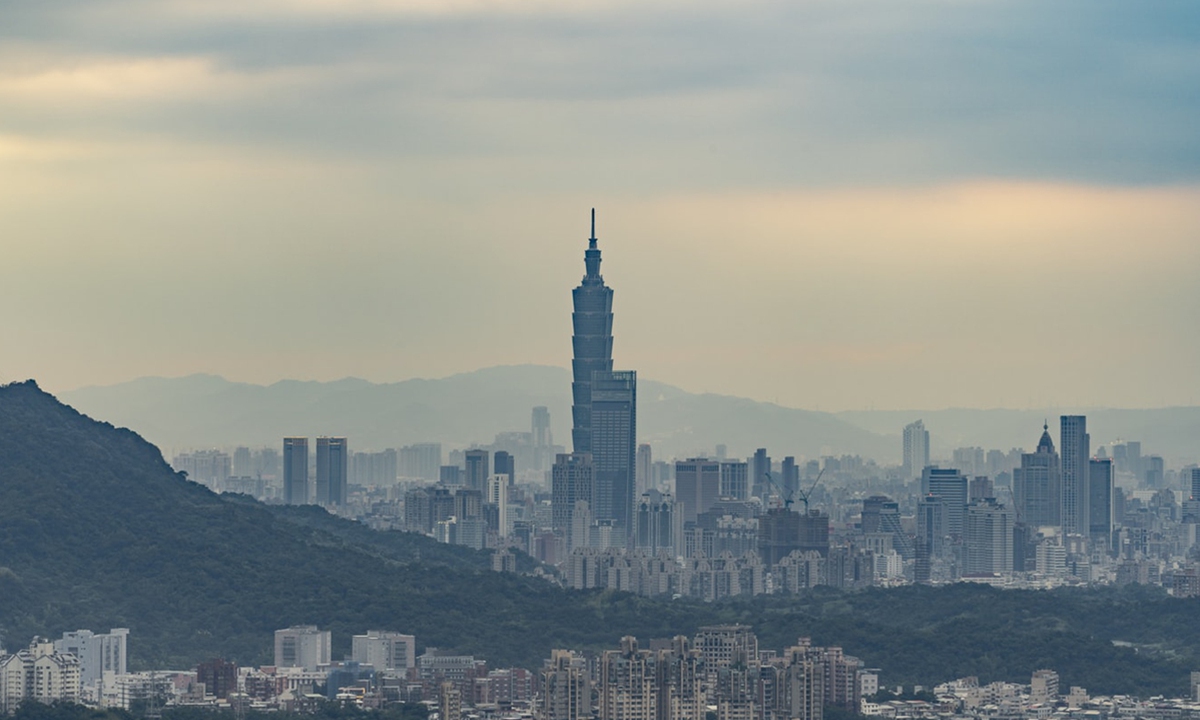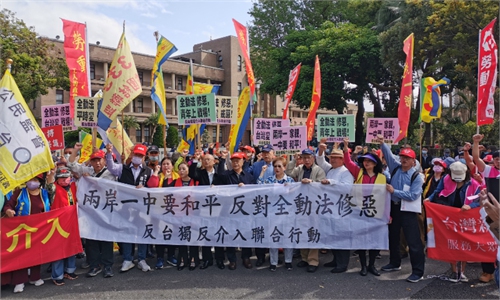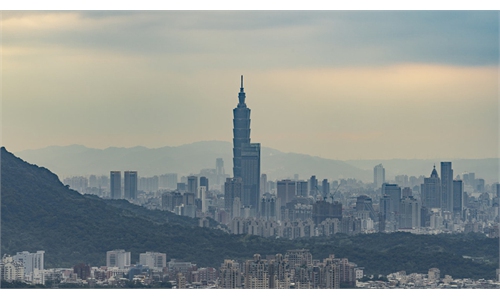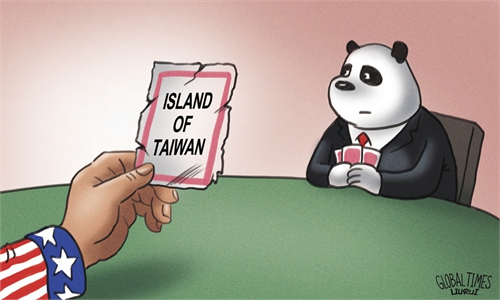Senior German official's planned Taiwan trip puts personal interest above national interest and bilateral ties

Taipei, the island of Taiwan. Photo: Unsplash
Bettina Stark-Watzinger, German Federal Minister for Education and Research, started her trip to the island of Taiwan on Tuesday, becoming the first cabinet-level German official visit to the island in 26 years.It is not new to see European politicians play the "Taiwan question" card. Some lawmakers from France and Germany also visited the island last year. As Stark-Watzinger of the liberal Free Democratic party (FDP) is working as a cabinet-level official, her visit is viewed as more provocative.
In recent years, the EU has listed China as an economic competitor as well as a systemic rival, seeing China's rise as a challenge to the current order dominated by the US and the West. As a result, they have beefed up their awareness and actions of competition against China, and played Taiwan, Hong Kong and Xinjiang cards to pile pressure on China.
In addition, there are a group of Atlanticists in Europe, many of whom were educated in the US and receive funding from Washington. They are deeply influenced by the US' sense of competition with China and willing to follow Washington's lead.
As a matter of fact, despite FDP's provocative stance on the Taiwan question, the German federal government is cautious on issues related to Taiwan. It is reported that Chancellor Olaf Scholz reiterated before a planned trip to Japan on Saturday that he stands by the one-China policy.
This embodied the polarization and division in German politics, with different voices emerging within the government. Germany's three-party coalition includes parties of the left, center, and right directions, and their policies are at odds with each other on many key issues.
The more divided the government becomes, the more polarized and populist the country tends to be. On the surface, Stark-Watzinger's provocative move is directed at the Chinese mainland, but as a matter of fact, she may intend to speak mainly to a domestic audience, in a bid to garner public attention and gain more votes. For the sake of her party and her own self-interest, she disregarded Germany's national interests and China-Germany relations.
Since the end of World War II, Germany's political structure has been one of the most stable in Europe. But the FDP's approach will weaken the authority of the German federal government and places significant constraints on the Scholz government's ability to formulate unified and effective policies. This will heavily hit the rationality, stability, and sustainability of Germany's domestic and foreign policies.
Developments in Germany are a microcosm of Europe. Europe's politics is already divided into fragments. Many parties are attempting to catch the eyes by making more provocative moves to build up their parties' momentum, instead of focusing on how to better serve the national or public interests. Inter-party competition being put beyond national interests has become very common in Europe.
Europe is very self-contradictory on the Taiwan question. On one hand, the continent is following the US' lead to make an issue of the Taiwan question and find trouble with the mainland; on the other, it is concerned that a military clash between China and the US over the Taiwan question will take place, which Europe could be drawn into and suffers as a result.
Germany's economic relationship with China is one of the closest in Europe. Scholz's visit to China last year was also aimed at strengthening economic and trade ties with China. It is a delusion that Germany can maintain close economic and trade relations with China, when senior German politicians provoke China on the Taiwan question. It is impossible for Germany to cooperate with China in some fields, while challenging China's bottom line over issues concerning its core interests.
This type of provocation will undermine the long-standing tacit understanding and the foundation of cooperation between the two sides and will erode their political mutual trust, making their bilateral cooperation unsustainable.
The article was compiled by Global Times reporter Lu Yuanzhi based on an interview with Wang Shuo, a professor at the School of International Relations of Beijing Foreign Studies University. opinion@globaltimes.com.cn




